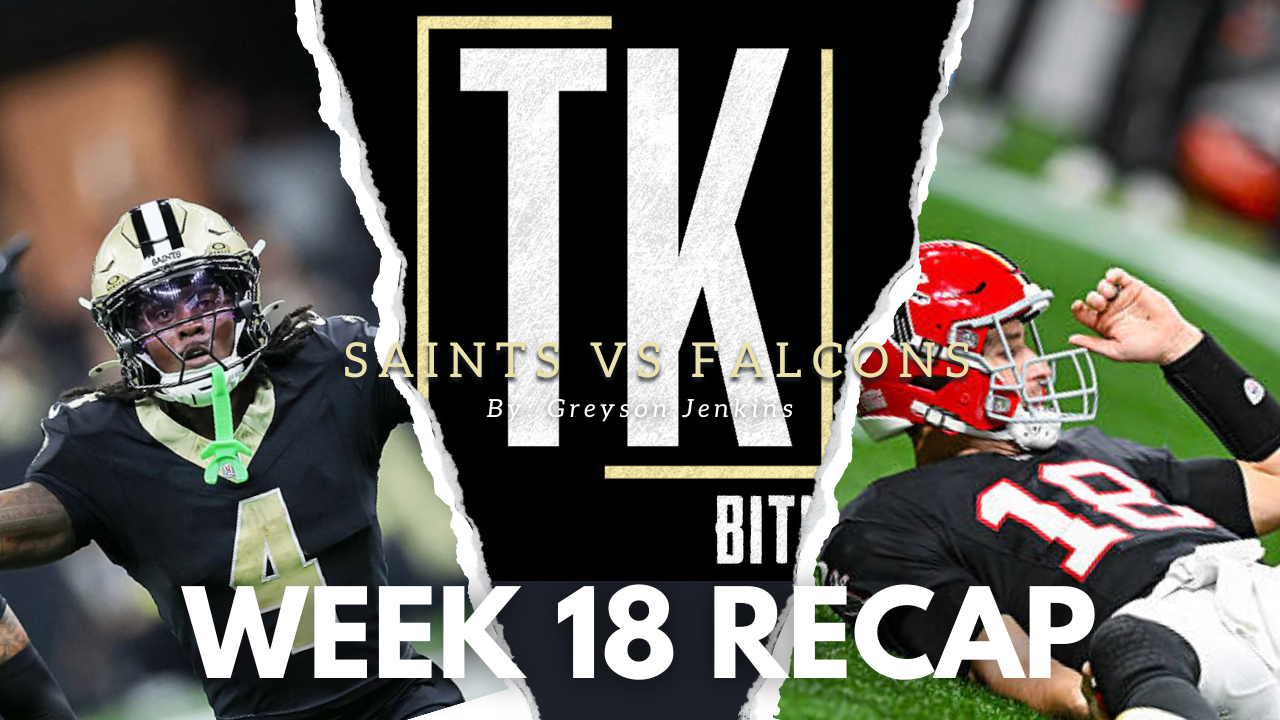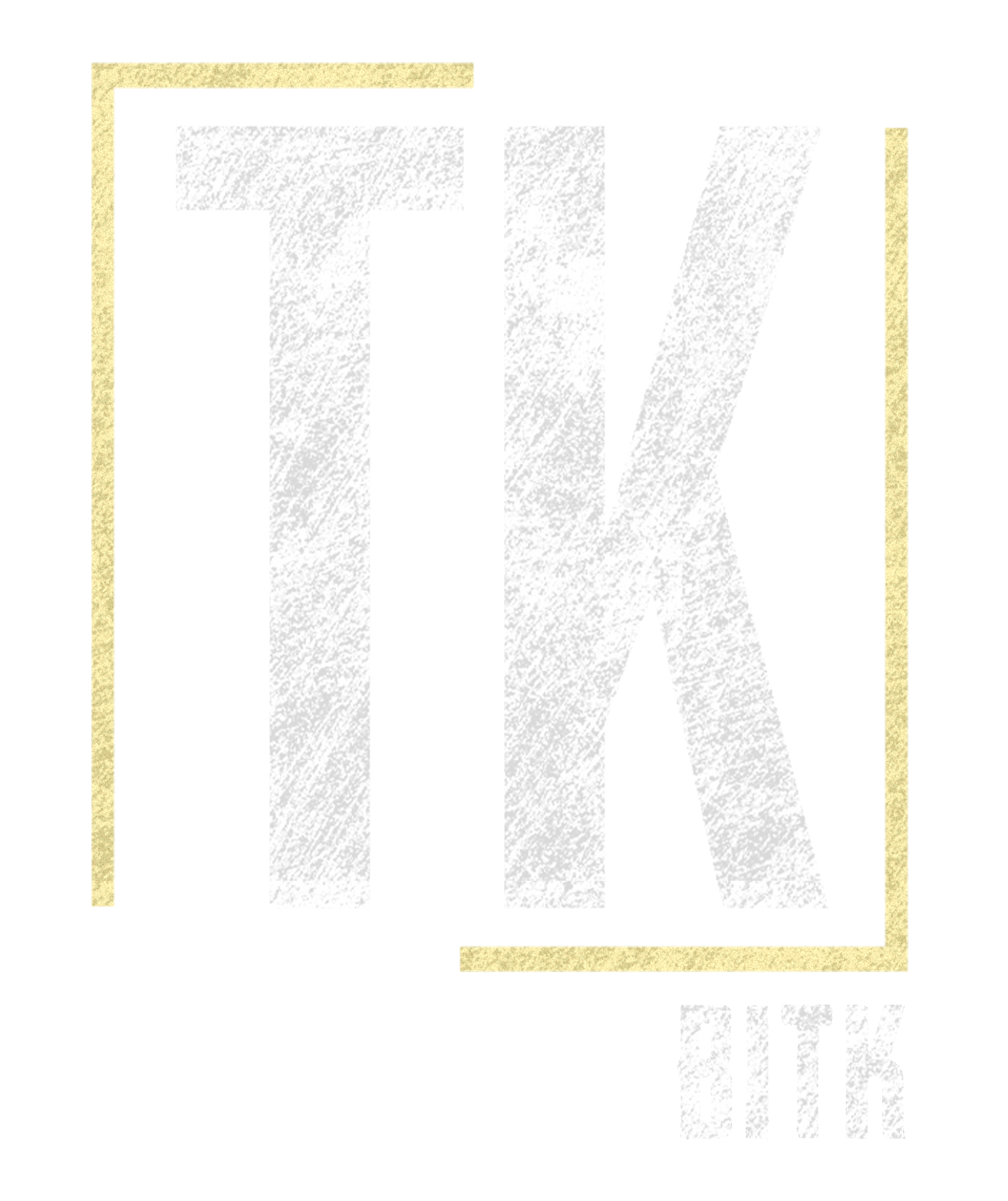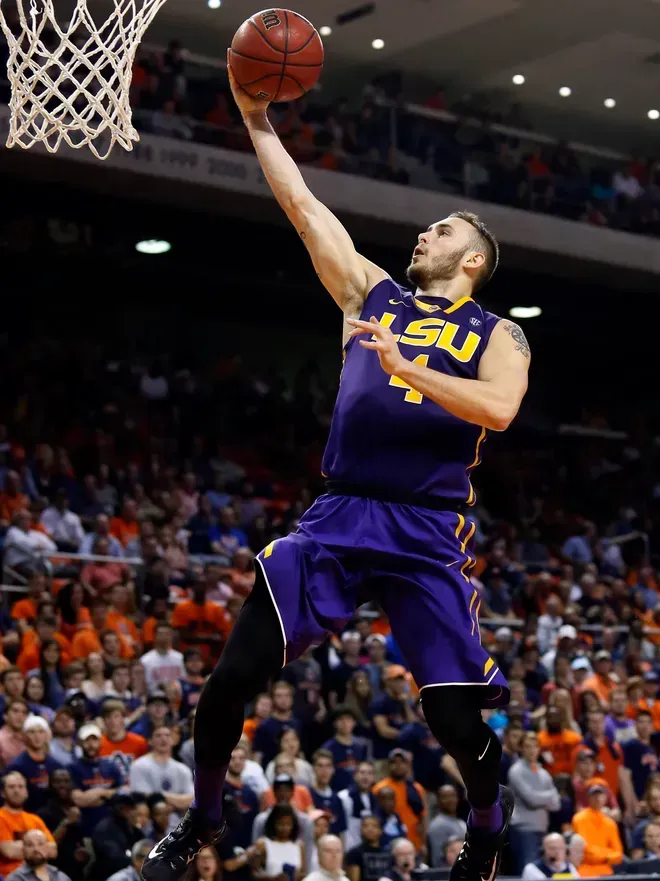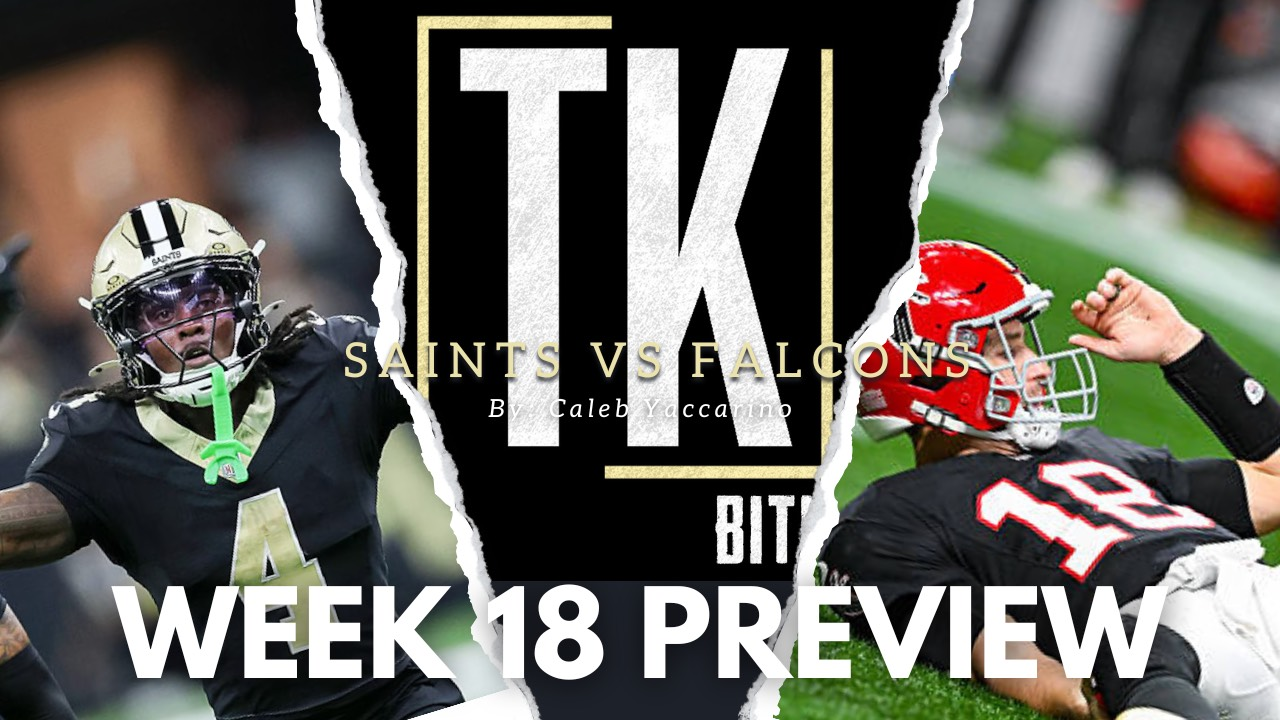Interview with Former LSU Tiger and current Pro Hooper Keith Hornsby
Lets get into it!
I was able to talk with former LSU Tiger and current Professional Hooper Keith Hornsby.
Take us back to Hampton Roads Academy and THE Oak Hill Academy. Talk to us about your high school career and your recruitment.
Keith: My high school career started off fairly slow. I was very late to grow, so even after repeating 8th grade, (for reasons other than sports that justify it, not just for sport), I still looked young for my current grade despite being older. Hampton Roads Academy had a solid high school program in the East Virginia Tidewater area. Nothing special, but the league produced Division 1 talent every year. I started to finally grow my Sophomore year and my luck started to change. Despite a slow start, I caught an amazing stride the last half of the season and ended up earning First Team All-Conference. This also earned me my first tattoo haha from me winning a bet with my dad before that season that I'd make All-Conference. He didn't really think I could do it, but I did, so he was true to his word. I received my first D1 offer at the end of that year from ...... UNC Asheville!!!!
I went in the spring to try out at Oak Hill. I certainly wasn't a prospect they'd outwardly recruit, but I'd been going to their summer camps my whole life and they were aware I had some talent.
That particular try out, I just happened to play on another level. I had an incredible day, which resulted in me being offered a spot on the team for the next two years. That was one of the best days of my life!!! I'll never forget it! I was in disbelief for the oncoming months, and of course, I accepted! The only problem, was that once word got out that I was going to THE Oak Hill, there was a thought in the air that my famous Dad paid for me to be on the team. Looking back at how I really looked then (despite having a fresh shoulder tattoo), I can't say I blame them. Oak Hill was something different entirely. I was a fringe D1 prospect at the time. People didn't understand that I wouldn't be one of their scholarship guys... as I would pay full tuition, but still... I was recruited there to play and get better!
There is no simple way to sum up my Oak Hill Academy experience. It was absolutely iconic for me. I'll always rep Oak Hill with tremendous pride. Even now while the landscape has undoubtedly changed, I still think there is no program like the Hill.
You got to UNC-Asheville, you see major minutes right away, and average 15 PPG & 92.5% from the free throw line in your Sophomore year. Tell us about your time as a Bulldog.
Keith: I committed to Asheville shortly after my junior season at Oak Hill. You see... there is a problem with being at Oak Hill if you're not a high major talent. Mostly just the Kansas, Duke, Kentuckys, LSUs, and other high level programs come to recruit. I wasn't at that level then, I wasn't supposed to be. I still looked like a baby faced kid. Upon entry, I failed the "look test" from any of these programs, and that's how it is.
I had a strong Senior season at Oak Hill. I started almost every game and ended up second all-time in 3 pt % for a single season at 50.4%. Quinn Cook was my point guard that year, and he made my life easy many times.
....but my arrival at Asheville... I learned quite a lot. I struggled my Freshman year. I averaged 4 PPG, but it was okay because I was on an incredible team with some serious upper class talent. We won the Big South my Freshman year and ended up controversially losing to Syracuse in the NCAA Tournament. We should've been the first 16 seed to beat a 1.
I was a tad delusional coming in. I thought because I was at Oak Hill, I'd come in to this low major Division 1 and dominate! That theory was squashed quickly, and I realize that Division 1 college ball is just different. Especially at the guard level, there is talent everywhere.
My Sophomore year was different. Most of the seniors left and I got more of a chance. I worked relentlessly over the summer to come in as a different player.
I had some big games against high major schools (23 vs. NC State, 26 vs. Ohio State) and established myself as one of the better guards in the Big South league that season. The future was looking bright at Asheville. I never had plans to transfer even after my coach resigned about a month after the season. There was no real portal then lol at least no of the same style.
Asheville was a wonderful town. It has a nice bohemian vibe. You can describe it as sort of artistic oasis in Western NC. I liked playing there, but when you have some of the big dogs sniffing around for you, you start to do some new dreaming yourself. I finally figured I had what it took at this point to compete at the high major NCAA level, especially with a sit out redshirt year to grow physically and gather comfort within the systems of the program. We would see soon enough.
In late 2013 you transfer over to LSU, talk to us about your transfer experience, and why LSU? In 2014-2015 you hit the ground running for the Tigers, averaging double digit points. Talk to us about your time with the Tigers.
Keith: After having sat out an entire season, that was difficult. There are times during portions of the season when you're not involved in practices at all because you're not eligible and it makes sense but still it's tough to stay motivated. But I didn't let it deter me. I worked incredibly hard that year and also I established myself in the practices as a serious player especially on scout team. I would normally play the opposing team's best guard, and that year I would be playing Marshall Henderson from Ole Miss or a player like that and have fun. But then when I started my Junior year, I didn't start off playing that well, I was nervous, it was different suiting up for LSU in the PMac the stakes were higher, I'm not going to lie it took me a little while to get comfortable. Also, having sat out a year, you lose a certain comfort and sharpeness for playing official games. That year was probably my best overall year, just because my Senior year was marred with injury, it just has that particular stain on it just from how we finished. My Junior year was like my establishing year where I established myself as a serious player who could probably play professionally as well, and that instantly became my goal that Junior season. Before at Asheville, I never had the privilege of looking too far ahead like a lot of big time prospects do who are somewhat guaranteed a basketball career, but I wasn't I was just trying to succeed at the level I was currently at, and that carried over to my pro life.
The last thing I'll say about LSU or playing for LSU is that because it was such an amazing experience for me, I was just incredibly thankful for the staff and the school, for being part of such a brand like LSU. I had tremendous pride representing it, and I am not even from Louisiana. I can't imagine what it would be like if I grew up in Louisiana. Still, I was never recruited like that in high school. The fact that I played my first two years of college at a smaller Division 1, I really appreciated everything LSU had to offer. Everyone always looks back at my playing time at LSU and comments on my effort, how hard I played, and that was really not even a question for me, I felt like I would be doing myself and the school a disservice if I didn't give it anything but my 100% because every time I wore that uniform I just had such pride. I wanted to fight for the school, I cared about the school so much.
Now let's move onto your professional career. Talk to us about your time in the G League.
Keith: I had a crazy experience in the G League, some highs and definitely some lows. Some doses of reality I had in the G League. I started off my pro career with the Mavericks in training camp, so that alone was one of the best experiences of my life. Those two months were unreal. Being in a locker room with Dirk Nowitzki, practicing everyday, going against NBA players, living in that NBA environment. But it was delusional for me, it gave me a false sense of place for where I was really at as a player and how the G League would be for me. My first year was disastrous. I witnessed the business side of the NBA/G League first hand. Coming from college, now I'm competing with real pros 28, 29, 30 year old guys who are fringe NBA guys or have had huge success overseas on the cusp of making it to The League, them or, some of the best college prospects who aren't quite in The League. Talent wise it is the second best league in the world for sure. My first year was eye opening for me. I also changed my shot, everyone remembers my shot at LSU for being a little wonky. If I was going to shoot the three ball consistently on the NBA line, I had to simply my shot. That first year was kind of an adjustment period. I was kind of tabbed as a non shooter. In typical fashion I worked and worked and worked and worked. My second season was definitely better even though I had a shoulder injury that kept me out some time. To be honest, I didn't want to play in the G League that long, every summer I wanted to go to Europe because I was sick of the politics of the G League, it has some pros being in the states. I figure my market was overseas, and that is where my game belonged. Going into my third season, after another failed summer of European recruitment, it was going to be my last season playing because it was nightmarish for me going back to the Legends for a third season, but it just so happens that year happened to be my best year. My shot had clicked at that point, and I led the entire G League in 3 point percentage that year at 49%. I had the best year of my career, and I'm like okay well I'm done with the G League for sure, but now its time to go overseas. I had made an agency switch, which is very necessary. Then it was tough for me to go to Europe even after that. Europe does not respect the G League, especially if you have not been to Europe before. First of all, you are not going to get paid much your first year, unless you are some high prospect with some NBA time. It is rare that you get a great European job your first year.
In 2019 you make a transition into overseas basketball, what was that transition like? What is the main difference between basketball in the States and overseas, if any?
Keith: After another terrible summer of just kind of getting looked over, just hoping for a chance at an appropriate level that I did think I deserved, I landed in Poland. The first two weeks there were very eye opening. I came alone, my wife came a little bit later. You basically fly there, jet lagged, you get dropped off, the team greets you, and they give an apartment, they give you your car and say " Good luck, practice is at 6.". Then you are on your own. I was in this town called Toruń, which ended up being a great town that we ended up enjoying, but I'm having to go to the grocery store where everything is completely foreign. I didn't even know how to cook at the time. The first few nights I was like what the heck have I done. But as I learned, the more time you spend somewhere, gradually it becomes comfortable. Basketball wise, I made an instant impact on the European scene. I was lucky enough that my team qualified for the Basketball Champions League, which is a European wide league, which is great proving grounds for a first year player like myself. I had a big time year. I thank the G League experience for that because I played against such high level players the last three years. For one of the first time, I was given a major role. Despite some learning curve, I was an instant hit. Every year the contracts kept getting better, I kept getting better, my game kept developing, and I became an overseas player very quickly. I went to different countries, went to Germany next, went to Paris the next two years for different teams, I played for the Metropolitans, the same team Victor Wembanyama played for. That is where I had my first child. My wife, it was still Covid times, giving birth alone basically in a place with not much English. It was unheard of. She has been incredible! This year, I went to great team in Lithuania, Rytas. It didn't exactly work out. European basketball in it's entirety is more similar to college than it is NBA. I really enjoy the spirit of it.
You signed with Surne Bilbao Basket of Liga ACB this season, how is your current season going?
Keith: I end up in the best league in Europe, ACB, just a dream. Now I am finishing my season in Spain, year 8. I had always wanted to play in Spain. The league of ACB it is the best country league in Europe, I am playing against Real Madrid and FC Barcelona. Its a different level, and the German league and the French league that I played in are also high on the totem pole in Europe, but ACB is no doubt the best. It is extremely hard to get to, to play on an ACB team because they only accept two Americans per team. The fact that this team, Bilbao Basket its a middle level team in the league, took a chance on me, I am tremendously thankful. It is almost like I would have the sense of pride that I had at LSU again. Playing in the ACB is similar, not since I have left LSU have felt like I've played in an environment sometime that rivaled the SEC, and here in the ACB that is the closest I have felt to that. Don't get me wrong, the French league I was in it is a great league too, just the venues are a bit smaller. My arena here is a 10,000 seater, and we average 8.5 thousand a night, which in Europe is big. I am very thankful to have this opportunity. It is the first time I switch teams in the middle of a season, I've always played for the same team my entire career. That was for the best, and hopefully I have a great last two games.
What is it like having a Grammy Award winner as a Dad?
Keith: The question that I was always get, my Dad. For most of my childhood I didn't even realize that he was famous. He was just my Dad. My life was all I knew, me and my twin brother's. It was normal, and you know you live and you learn. Once I got to my teens I could start to grasp the gravity/magnitude of his career. I was lucky and blessed to do some really cool things throughout my childhood from his contacts that he had, some amazing sport amazing sport experience, and just in general, taking some amazing trips. Looking back now I am completely thankful! Even then I don't think I really took it for granted, but I knew it was cool stuff, but they say youth is wasted on the young, you are just kind of going through the motions, living. My Dad is still working, he is actually flying out to Bilbao where I'm at now in Spain. He will arrive tomorrow to see the last games of my season. It is pretty cool that he is still playing, still working. He has always been a motivator for me because I have always seen first hand his own work ethic, and the joy he gets out of working on his craft, and witnessing the strides that are made from his work. He has been a huge figure in my life for basketball as well, just based off of that base work ethic and other advice as well.
Including yourself, pick 4 other players to fill out your dream starting 5 to play with.
Keith: My All Star Five lol
PG: Braydon Hobbs
SG: Keith Hornsby
SF: Lebron James
PF: Miralem Halilovic
C: Nikola Jokic
Hobbs and Halilovic were some of my favorite teammates over here.
Plug your social media handles, tell everyone where they can follow you!
IG: khornz04
Twitter: KHornsby4
Follow me on X (the artist formerly known as Twitter): @eazytro
A quick share helps us a lot!



